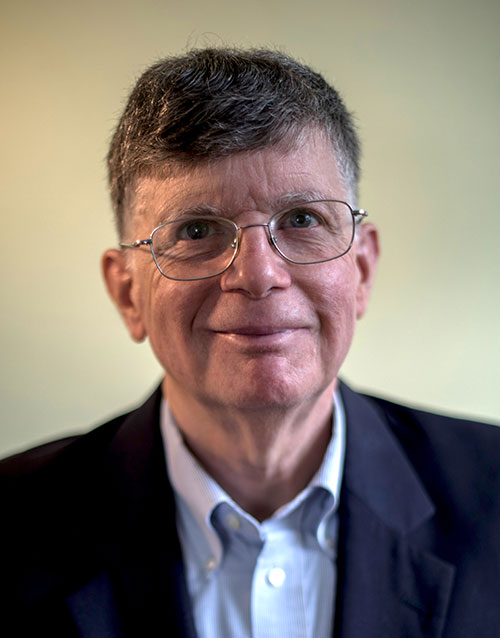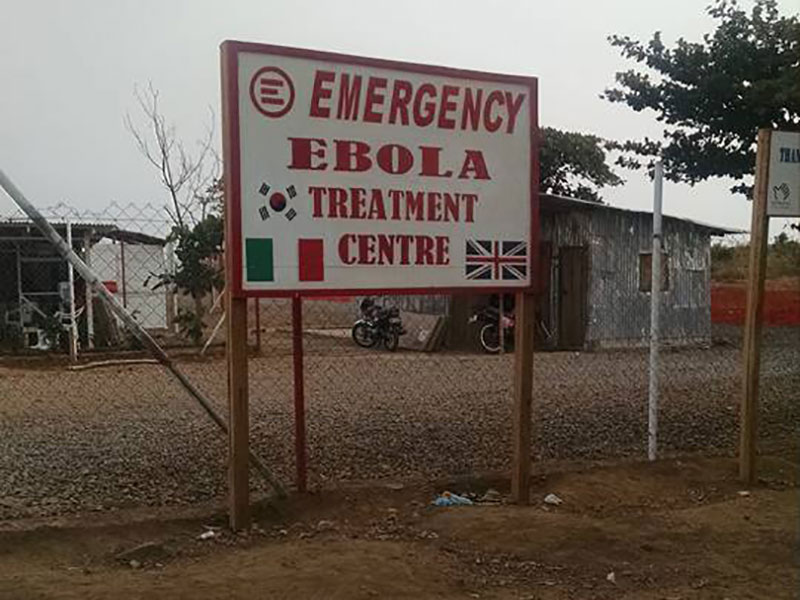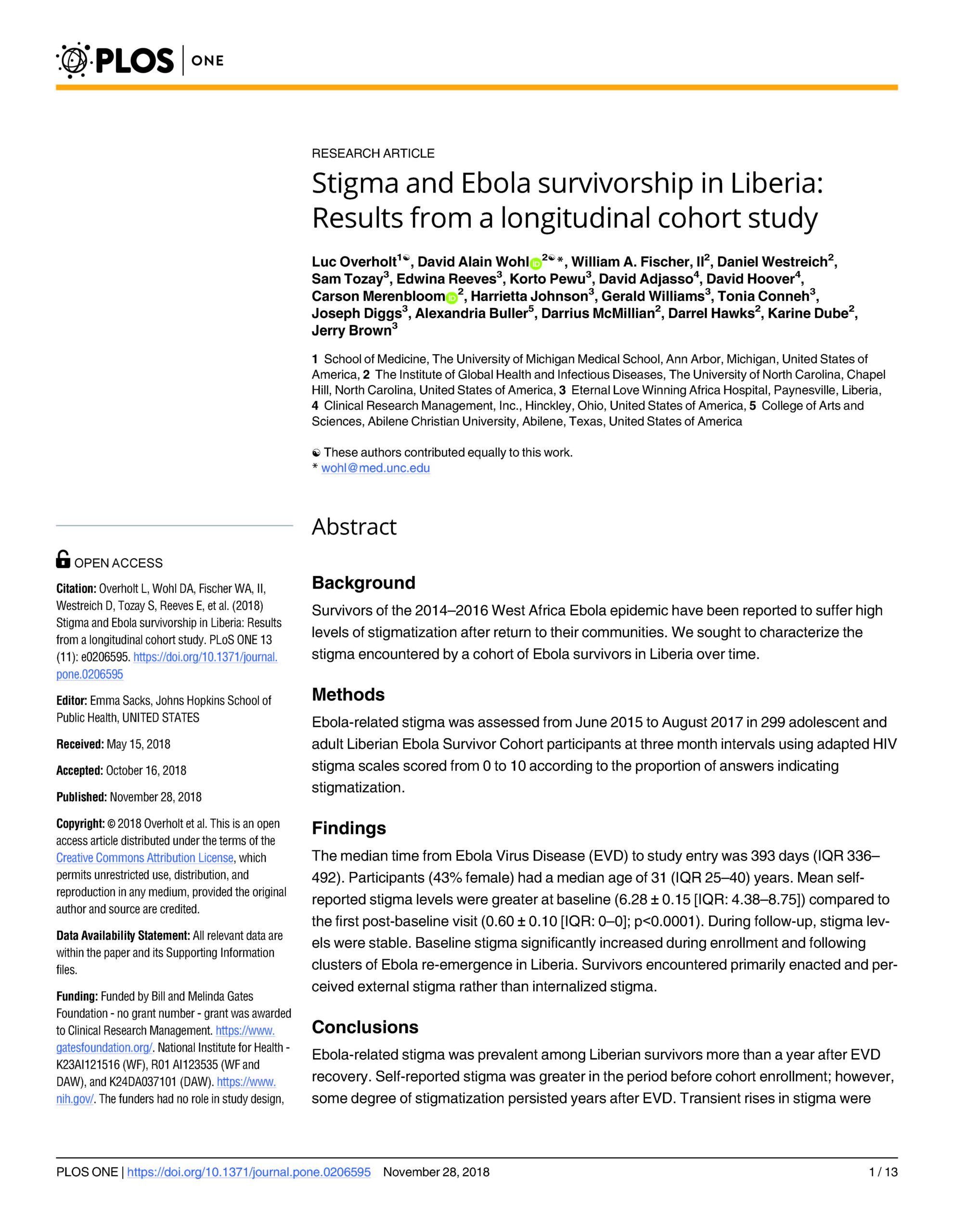David Hoover, MD
Advisory Board

A Leading Researcher
David L. Hoover, MD, is an infectious disease physician with expertise in clinical and non-clinical research on emerging infectious diseases. He is Senior Scientific and Medical Advisor at a contract research organization with an emphasis on infectious diseases.
Dr. Hoover retired from the U.S. Army as a Colonel after 23 years of service at Walter Reed Army Institute of Research and Walter Reed Army Medical Center. He conducted basic research on Leishmania tropica and Francisella tularensis, served as Assistant Chief of the Infectious Disease Service, and led the Army’s brucellosis vaccine development program for over 12 years. He gained extensive experience in animal model development and research conduct in a biosafety level 3 environment. After retiring from the Army, he engaged in clinical research at Dynport Vaccine Company on vaccines for plague, botulinum neurotoxin, and influenza. At Clinical Research Management, he advised on Phase 1 clinical trials of antimicrobial agents and, during the 2014-2015 Ebola outbreak, he led the international team that now comprises the Integrum Scientific Infectious Disease Scientific Advisory Board and Operational and Leadership teams to conduct convalescent plasma therapy for Ebola virus disease in Liberia. He has published over 90 scientific articles and book chapters.
Dr. Hoover received his BA from Houghton College and his MD from University of Maryland School of Medicine.
Extensive Experience
“Dr. Hoover brings rich experience and great ingenuity to the projects on which he serves. Despite the distinguished leadership positions he has held over the course of his career, he comes to the table humbly, ready to roll up his sleeves, work with team members from every level, and find the best answers for each challenge. He is an excellent mentor and a valued leader.”
FUN FACT:
Dave and his wife are avid travelers. During the COVID-19 outbreak, they traveled across the US in an RV, taking advantage of the quiet time at some of the country’s most remote sites.


